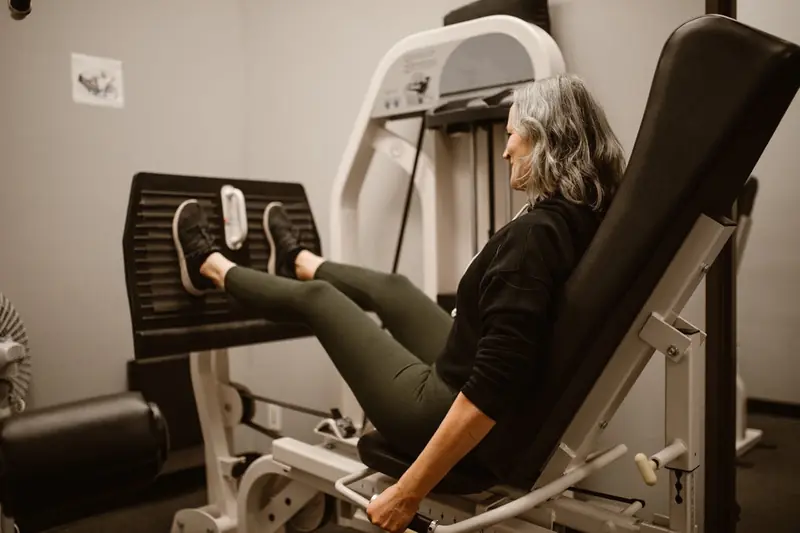
A study conducted by a team of researchers from University College London, led by Professor Flaminia Ronca, has revealed that individuals who enjoy exercising are more likely to stick with it. The scientists also assert that personalized training plans are more effective than one-size-fits-all programs.
“There’s no point in offering someone the perfect workout plan if they’re not going to follow it. Enjoyment is key to changing behavior. If we want to encourage the population to be more active, we need to take a more strategic approach to finding activities that people enjoy so they keep coming back,” Professor Ronca stated in an interview with BBC Science Focus.
What Did the Researchers Discover?
During the study, the team focused on examining how personality types relate to different forms of exercise, including their intensity.
The researchers classified participants according to the Big Five personality traits: agreeableness (willingness to cooperate), conscientiousness (self-control and attention to detail), extraversion (sociability), neuroticism (anxiety, moodiness, tendency toward negative emotions), and openness to experience.
The team found that extraverts preferred high-intensity workouts. Thus, the scientists suggested that sociable individuals enjoy energetic aerobic activities, especially those involving social interaction, such as team sports or dance classes.
Meanwhile, individuals rated as more neurotic preferred solitude and disliked being observed during the 15-minute cycle required to assess their fitness. They were less likely to monitor their heart rate during workouts, often ignoring the researchers’ requests.
“This suggests that people of this type likely value the opportunity to be independent and isolated during their workouts,” the lead researcher said. Overall, participants in this group favored relaxing exercises, such as stretching, although “high-intensity workouts were also acceptable if breaks could be taken.”

For those with pronounced anxiety, “there was a particularly noticeable reduction in stress levels after completing the exercise program,” Professor Ronca noted. “This is great news, as it confirms that those who benefit the most from such stress reduction have a very positive attitude toward physical exercise,” she added.
To determine how different personality types correlate with specific types of physical activity, the team assigned participants to an eight-week home fitness course, which included cycling and strength training.
The participants’ fitness levels were measured at the beginning and end of the course. They also completed questionnaires that helped assess how individuals of certain personality types felt about various forms of exercise.
Interestingly, agreeable and open individuals did not show a preference for any particular type of exercise.
“It’s perfectly fine if you don’t like a certain exercise. You can always try something else,” Ms. Ronca remarked.

